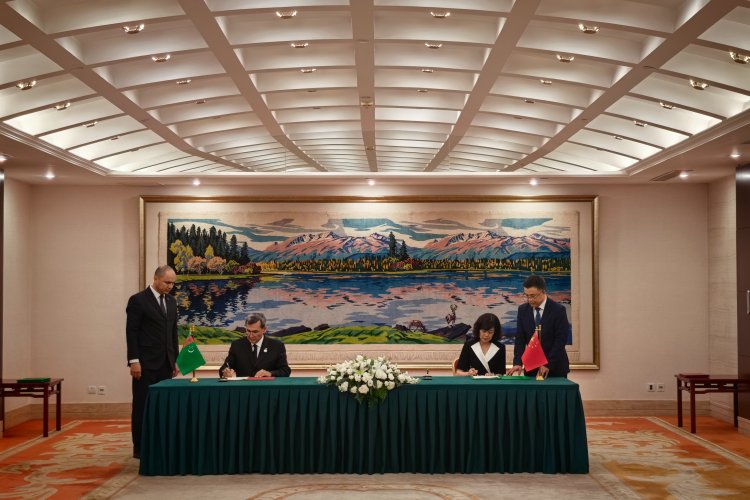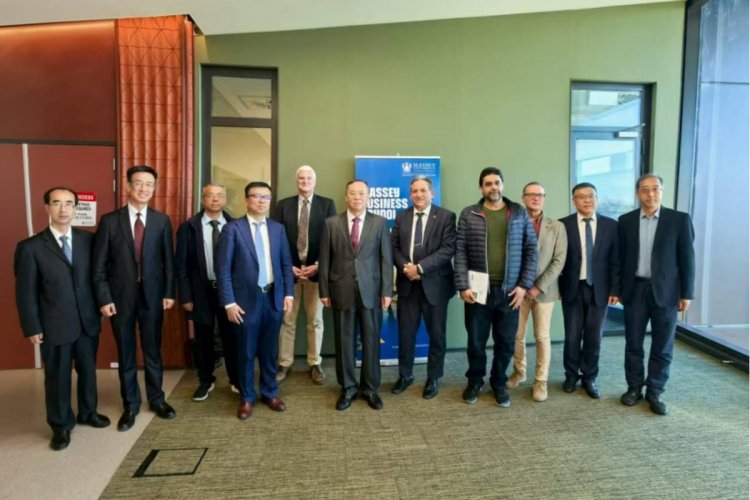The world-renowned journal Nature Communications published online the latest research on euphrates poplar stress-resistance mechanism conducted jointly by the School of Life Sciences and the State Key Laboratory of Grassland Agroecosystems on NOV 21st. Nature Communications is a multidisciplinary journal dedicated to publishing major research findings in biological, physical and chemical sciences. It is the first time for LZU as the affiliation of the first author and the first corresponding author to publish a research paper on Nature Communications.
Doctoral student Ma Tao and other researchers from School of Life Sciences compared the gene expressions and numbers of genes between euphrates poplar and non-stress-resistance poplars in detail. Their findings show that the unique biological traits and stress resistance mechanism of euphrates poplar might be determined by several key genes together, which can guide the selection or the improvement of forage grass, crops and tree species so as to better adapt to the salinization, desertification land in northwest in the future.
The research project is chaired by Professor Liu Jianquan, whose team focuses on biological adaptive evolution and related genetic resources in Tibetan Plateau and northwest arid regions. The research team has published series of papers on euphrates poplar on Heredity, Tree Physiology and Plos one, attracting wide attention.
The research is funded by "Project 863", "Project 973" and other related projects and funds.
News Background:
Rooted over 50 meters down the ground, the euphrates poplar thrives in hostile environments, fighting droughts, sandstorms and salinization. It is known as the hero tree, for it is believed that this tree can live for a thousand years, then stand upright for another thousand years after death, and stay intact for a third thousand years even after it falls. The resilience of euphrates poplar, regarded as the spirit of LZU, is highly praised by the students of the University who therefore call themselves “Euphrates Poplars”.
(Translated by Ren Lina Proofread by Lawrence Xu)




